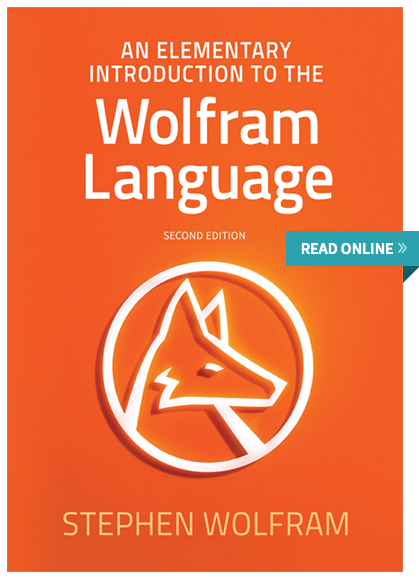







 The Wolfram Language represents a major advance in programming
languages that makes leading-edge computation accessible to everyone.
Unique in its approach of building in vast knowledge and automation,
the Wolfram Language scales from a single line of easy-to-understand
interactive code to million-line production systems.
This book provides an elementary introduction to the Wolfram Language
and modern computational thinking. It assumes no prior knowledge of
programming, and is suitable for both technical and non-technical college
and high-school students, as well as anyone with an interest in the latest
technology and its practical application.
The Wolfram Language represents a major advance in programming
languages that makes leading-edge computation accessible to everyone.
Unique in its approach of building in vast knowledge and automation,
the Wolfram Language scales from a single line of easy-to-understand
interactive code to million-line production systems.
This book provides an elementary introduction to the Wolfram Language
and modern computational thinking. It assumes no prior knowledge of
programming, and is suitable for both technical and non-technical college
and high-school students, as well as anyone with an interest in the latest
technology and its practical application.
Read Stephen Wolfram’s Announcement Blog Post »
(340 pages; full color)
Order on Amazon »
Order on Barnes & Noble »
Order direct »

Notebook edition:
Download Directly »
Also included in
Wolfram Programming
Lab for Desktop »
Kindle edition:
Order on Amazon »
First edition:
Legacy Version »
